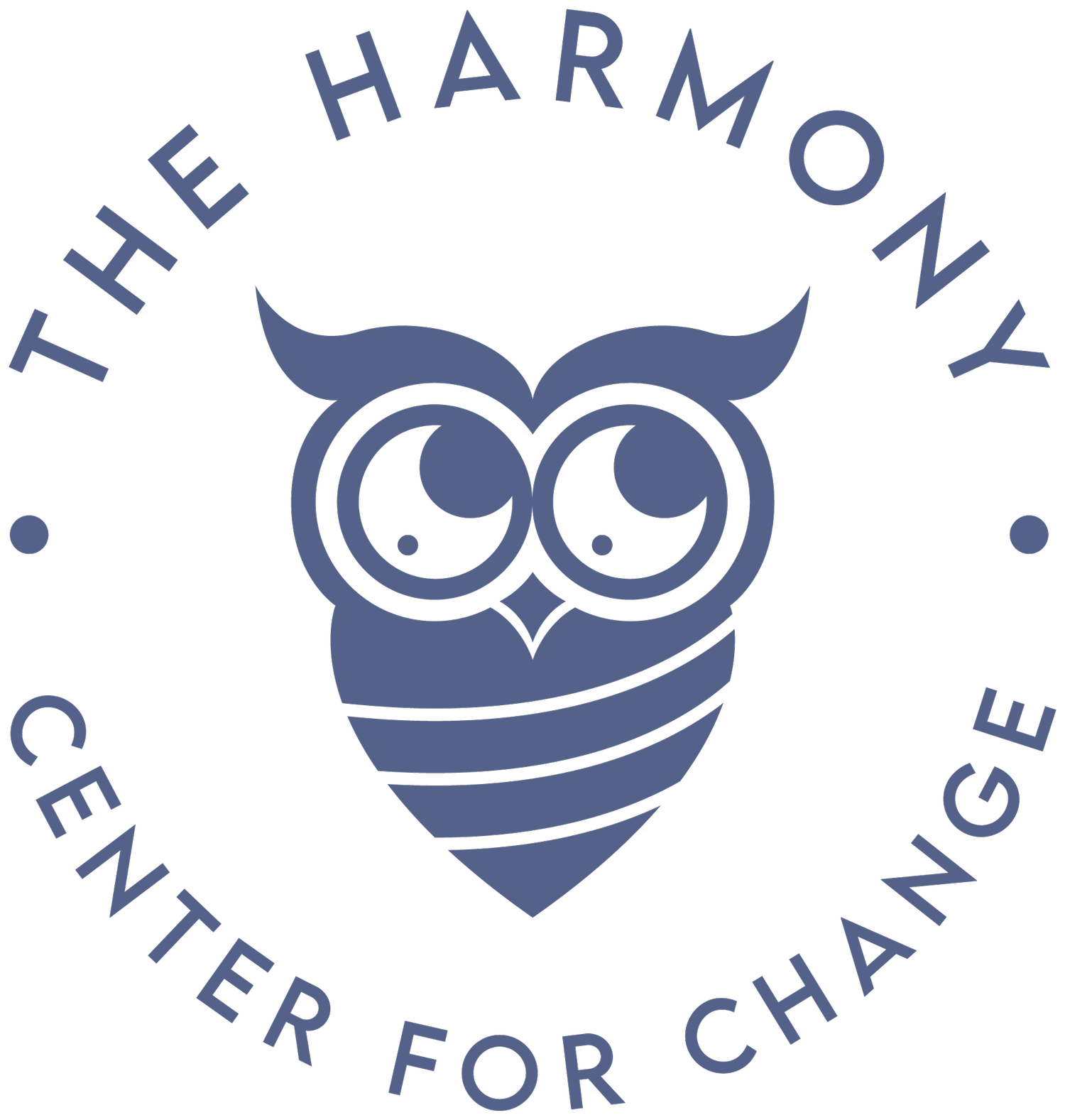Comprehensive DBT
for Teens and Families
Making Progress Toward Lasting Change
Dialectical behavior therapy (DBT) is quickly becoming one of the most often utilized types of therapy to support clients who are experiencing a range of concerns. It may be used in individual or group therapy settings, and some therapists are also finding ways to incorporate DBT into relationship and family therapy sessions.
Why Comprehensive DBT For My Teen?
Imagine your teen no longer feeling overwhelmed and having the ability to manage their own emotions in a healthy manner. Dialectical is such a complicated word for many including teens to understand. To make this easy for everyone, Dialectics helps us stay away from extremes and walk the middle path in our thinking and actions. Working together, we can put an end to mood swings, anxiety, crisis, and self-destructive behaviors.
Five Modules of Multifamily Skills Group
1
-
Mindfulness is the core of DBT and will teach how to increase awareness and live in the present moment without judgement.
2
-
Distress Tolerance teaches your teen how to tolerate painful experiences, avoid panic attacks and not make the crisis worse.
3
-
Teaching your teen emotion regulation will help them learn how to regulate and control overwhelming intense emotions.
4
-
Interpersonal Effectiveness teaches your teen how to communicate with others effectively and place healthy boundaries.
5
-
Learning dialectics helps us stay away from extremes and walk the middle path in our thinking and actions.
Teen DBT Services
-
During individual DBT therapy sessions, the therapist pays close attention to client behaviors looking for motivational concerns, including personal and environmental factors that inhibit effective behaviors (the things clients want to do more) and that elicit and reinforce maladaptive behaviors (the things clients want to do less). Then, the individual therapist is responsible for helping the client inhibit maladaptive behaviors and replace them with adaptive, skillful responses. Specifically, the therapist will utilize diary cards to help individuals track and report their behaviors between sessions. The goal is to begin recognizing the maladaptive behaviors and replacing them with one of the four modules developed through DBT. DBT modules are simply strategies you can use to navigate difficult situations. The four DBT modules are mindfulness, distress tolerance, emotion regulation, and interpersonal effectiveness.
-
DBT multifamily skills groups are part of the DBT process for adolescents. In most cases, teens and their families will only join these groups if the adolescent is currently engaging in comprehensive DBT with one of our therapists. Multifamily skills groups do not support groups or even traditional group therapy where people share experiences and process difficult situations with a group of their peers. Instead, DBT multifamily skills groups are geared toward learning and practicing a specific set of skills. Specifically, you’ll be learning and practicing the skills your teen should be developing during their individual and group DBT sessions. By practicing these skills as a family, you can be prepared to support your child consistently as they apply DBT strategies to their daily lives and increase the benefit of these therapy services for you teen now and in the future.
-
When it comes to making real change, many receive effective support through individual and/or group therapy sessions, and they’re easily able to apply these knew skills and strategies to daily life. For others, it takes time, and maybe some help understanding how to apply learned strategies and skills to your life outside the therapy practice. Comprehensive dialectical behavior therapy (DBT) incorporates a full range of therapy solutions, including phone coaching to help clients generalize new skills and strategies to be applicable to daily life.
The skills you discuss and ideas you explore in individual and group therapy sessions seem simple during your session. Then, you have to go back to your life, and it’s not always clear how to apply what you’ve learned during DBT sessions. Phone coaching is ideal when a crisis situation arises, you feel urges to self-harm, you engage in impulsive behaviors, or you’re in conflict with other people. Your therapist can help you work through the situation safely and effectively, applying your new knowledge as you move through your daily routines. On the phone, your therapist will discuss the situation, provide support, and help you find the right solution. You should expect these calls to last for about ten minutes.
-
At The Harmony Center for Change, we understand the value of parental involvement in your teen's treatment is a crucial factor in achieving overall success. Parents also need help not only with dialectics and validation but also with the behavior change skills of reinforcement, shaping, extinction/ignoring, and consequences. Many parents feel that their parenting is erratic, reactive, and extreme toward their emotionally dysregulated teens, and the parents often struggle with emotional dysregulation themselves while trying to implement parenting skills.
Our program includes separate sessions for parents with a therapist on the treatment team who is not the adolescent’s primary therapist. The therapist works with the teen’s parent(s) to implement more consistent and effective parenting strategies, while bringing in other DBT skills as needed (e.g., mindfulness, distress tolerance). We offer this modality to individual families for the parenting challenges that arise regarding their particular teen. We offer parenting sessions while your teen is enrolled in Comprehensive DBT; many parents feel they receive substantial help in 6–12 parent-focused sessions, whereas some opt to continue longer. The parent-training therapist then becomes the parent’s telephone skills coach. While we offer the mode to one or both parents from a family, a team could consider walking the middle path–based parenting skills as a separate group modality for parents as well.
Explore the Four Stages of DBT Treatment
-
Stage 0
Pre-Treatment & Intake
Before we dive into your DBT plan, you’ll sit down with a therapist to discuss why you’re considering DBT and your goals for treatment. This pre-treatment and intake process is completed in a total of five sessions, and it allows your therapist to create a DBT plan that is specifically geared toward meeting you where you are and walking beside you as you achieve specific goals through DBT treatment.
-
Stage 1
Behavioral Stabilization
Most people will begin with the behavioral stabilization stage. Other stages of DBT can happen simultaneously or may not be necessary for every client, but behavioral stabilization is typically an essential part of the DBT process. As the name implies, this first stage of treatment is all about identifying, managing, and changing the problematic behaviors that brought you to DBT. During this phase of DBT, you’ll address problem behaviors, self-harming behaviors, and behaviors that interfere with your ability to effectively receive therapy interventions. Additionally, you’ll learn the basic skills within the DBT modules (mindfulness, distress tolerance, emotion regulation, and interpersonal effectiveness).
-
Stage 2
Processing Trauma & Improving Emotional Experiencing
Many of the people who choose to go through the DBT process are dealing with the effects of complex trauma, post-traumatic stress disorder (PTSD), or overwhelming, dysfunctional emotional experiences. The second stage of treatment is about healing from trauma and learning to accept, manage, and process emotional and trauma responses in healthy ways. This may include working through the DBT-Prolonged Exposure (DBT-PE) protocol.
-
Stage 3
Achieving Individual, Real-World Goals
In the third stage of DBT, clients are challenged to apply the skill they’re learning during therapy sessions in their real lives. Now that behaviors and emotions are being regulated in healthy ways, you can start using your new skills to set goals, build confidence, and generally, lead a healthier, more satisfying life.
-
Stage 4
Deeper Meaning
This stage is the least developed or standardized of the four DBT stages. It is highly personalized to the individual’s needs, but the main goal is to find deeper meaning in your life through spiritual existence. This is not a religious component to the DBT process. Instead, this part of DBT is about finding and exploring your life purpose in order to develop a greater capacity to experience joy and fulfillment. This stage of DBT can be beneficial for almost any client, even if they don’t have specific behavioral or emotional concerns that bring them to DBT.
Don’t Wait to Get Started
Reach out today for a free 15-minute consultation.




